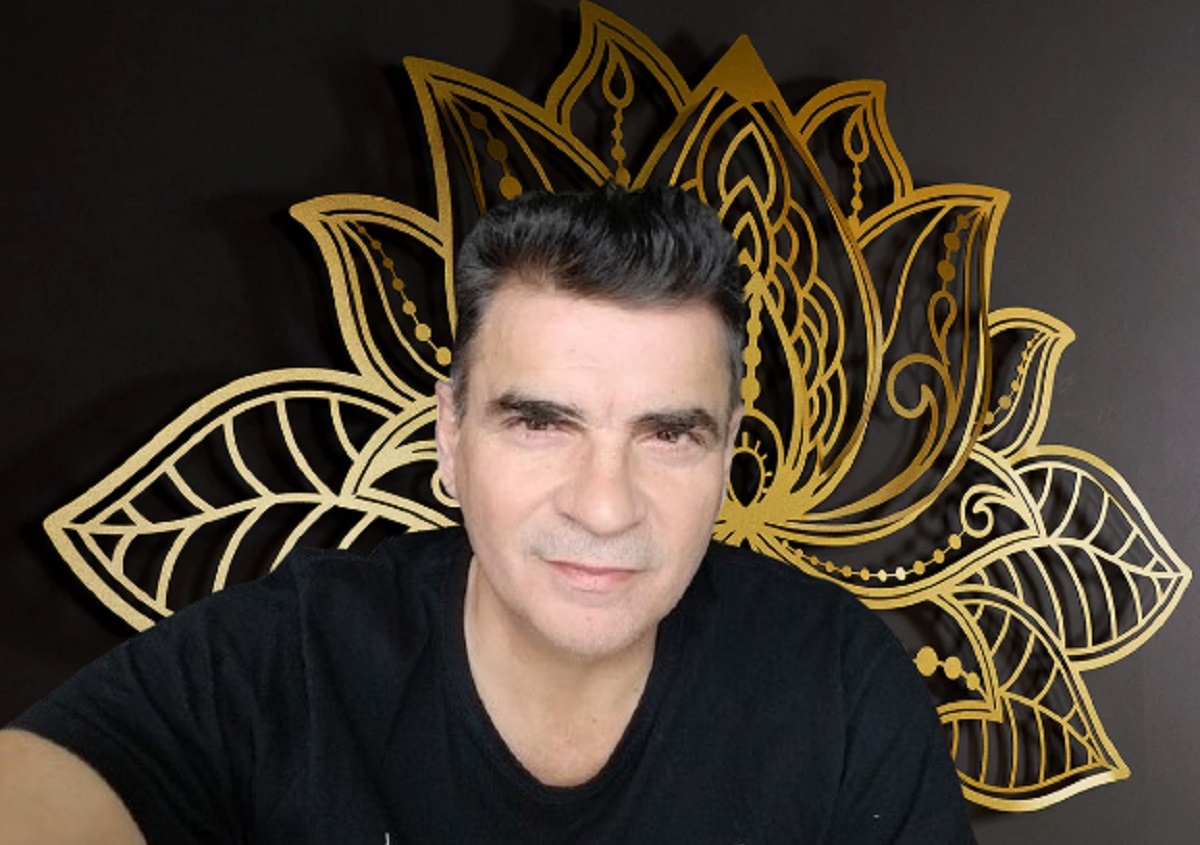
Whereof one cannot speak, thereof one must be silent.
Tractatus Logico-Philosophicus is a philosophical book written by Ludwig Wittgenstein who is the one of the greatest, if not the greatest philosopher of the 20th century.
80 pages book, Tractatus Logico-Philosophicus is published during his lifetime and it was the only philosophical work that was worth your time and attention.
Don’t let the size of Tractatus Logico-Philosophicus fool you, it will probably take you to read it as much as time as it would take you to read Lev Tolstoy's War and Peace.
And, sorry to say, but unless you are really interested in philosophy the War and Peace would probably be the more interesting book.
Ludwig Wittgenstein’s Tractatus Logico-Philosophicus is one of the strangest texts in the history of philosophy that comes from a field occupied by Kant, Hegel, and Heidegger which have left behind enormous volumes works!
Wittgenstein’s magnum opus is barely 526 propositions long. And in young Wittgenstein’s humble opinion, it managed to resolve all philosophical problems once and for all.
Quite a strange thing to think if you take into consideration the fact that, by his own words from the preface to the Tractatus that the whole book might be summed up the following - what can be said at all can be said clearly, and what we cannot talk about we must pass over in silence.
If you had troubles understanding this sentence, then don’t bother reading the whole book because that sentence is probably the least complicated in this book.
If you want to read his book here is the link: Tractatus Logico-Philosophicus.
Upon reading first 20 pages I gave up the whole endeavored. However for a fun, with Wittgenstein's help I wrote my own Tractatus propositions so I will post it here. You may even like it...
1.The world is everything that is the case.2. Life is existence.2.1 Existence is the self experiencing.2.2 Self experiencing is self expression.2.3 Self expression is consciousness sensing itself.3. It is all the play of the Infinite.3.1 The Infinite alone exists.3.2 Self does not exists, it appears.3.3 Whatever Self creates has to be placed within itself.3.4 No other reality exists where to place it.4. The nature of consciousness is to imagine experiences.4.1 Experiences can be perceived only through opposites such as good and bad, hot and cold, day and night etc.4.2 Without opposites, experiences cannot be perceived.5. Infinite alone exists without opposites.5.1 Infinite exists for the sake of play, of experiences, opposites are imagined.5.2 Creation is an illusion, simply a dream.5.3 Creation is within the Infinite for the sake of play.6. We forget that we are Infinite.6.1 By forgetting we are Infinite we increase the reality of dreams.6.2 The greater the reality of dreams, the more stimulating the experience.6.3 Experiences require separation.6.4 Separation cause that the Infinite can never be experienced.6.5 The Infinite alone exists without separation.7. Experiencing the Infinite is not possible.7.1 You can never separate from what you are.7.2 You can never experience what you are.7.3 What you are you are.8. To know your Self as it really is, simply be quiet.8.1 "I am" consciousness realizes itself as consciousness.8.2 "I am" alone is the source within which the world appears.8.3 "I am" consciousness realizes itself as being an imagination.8.4 "I am " is an imagination so no experiences or creation ever exist.8.5 Realizing this, play as you wish.9. Whereof one cannot speak, thereof one must be silent.
Category



